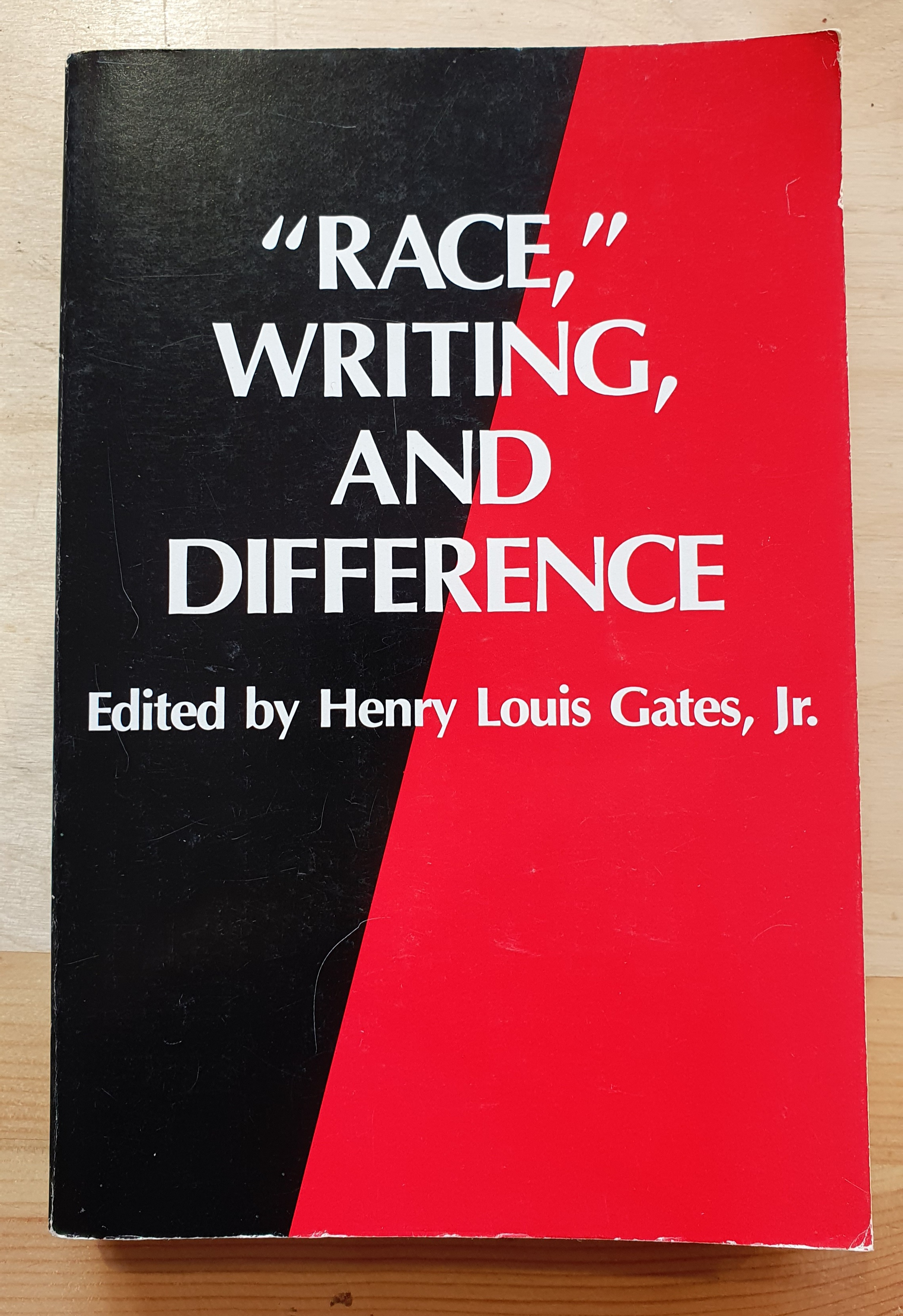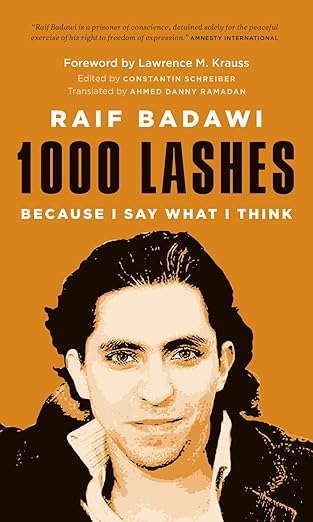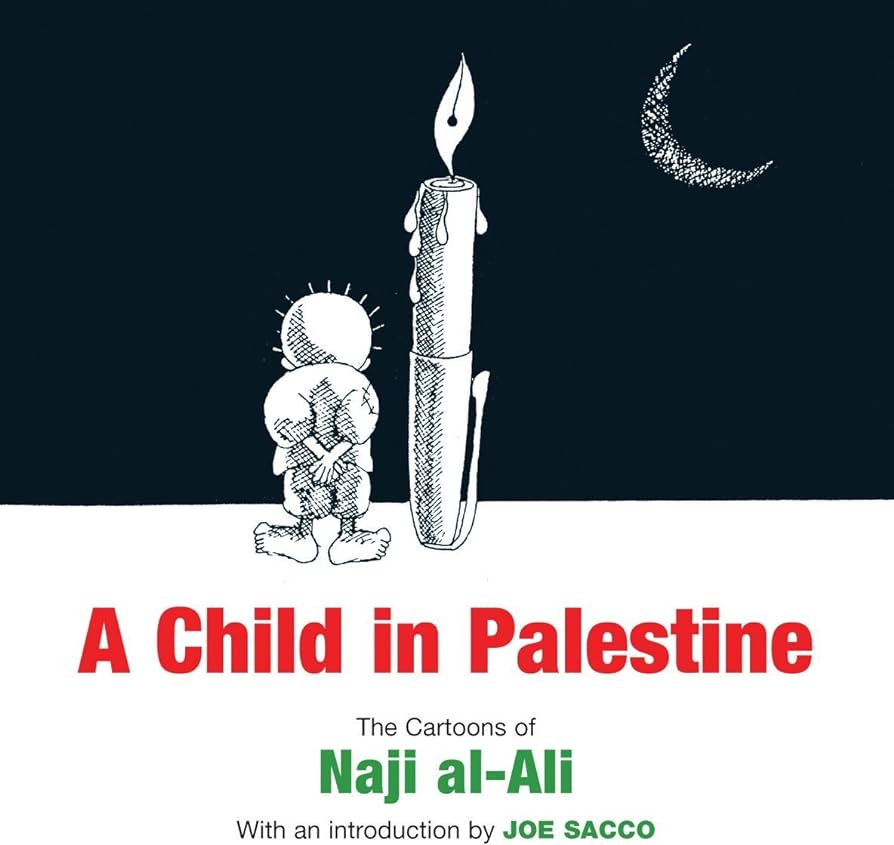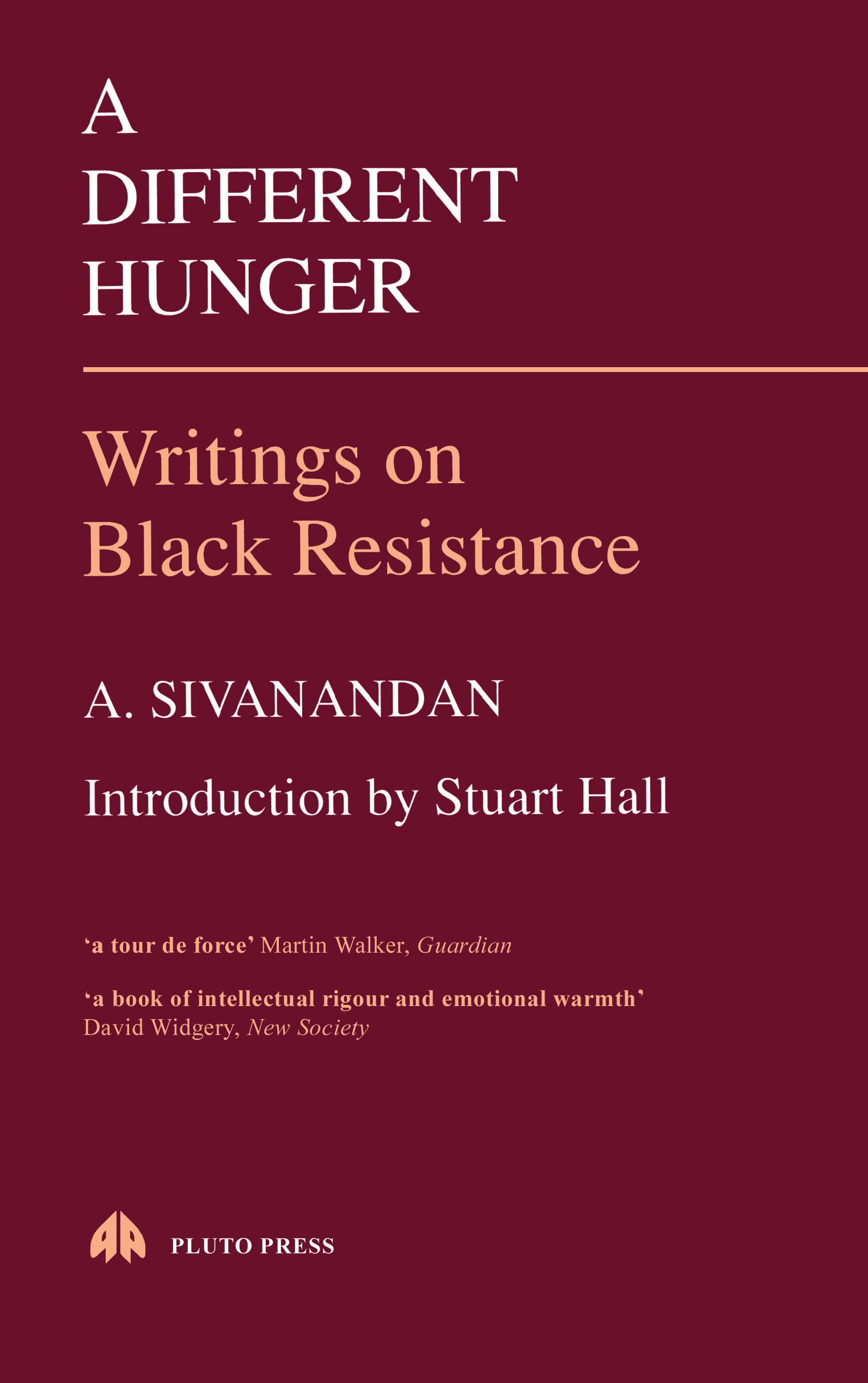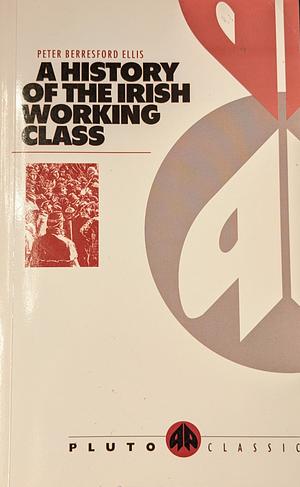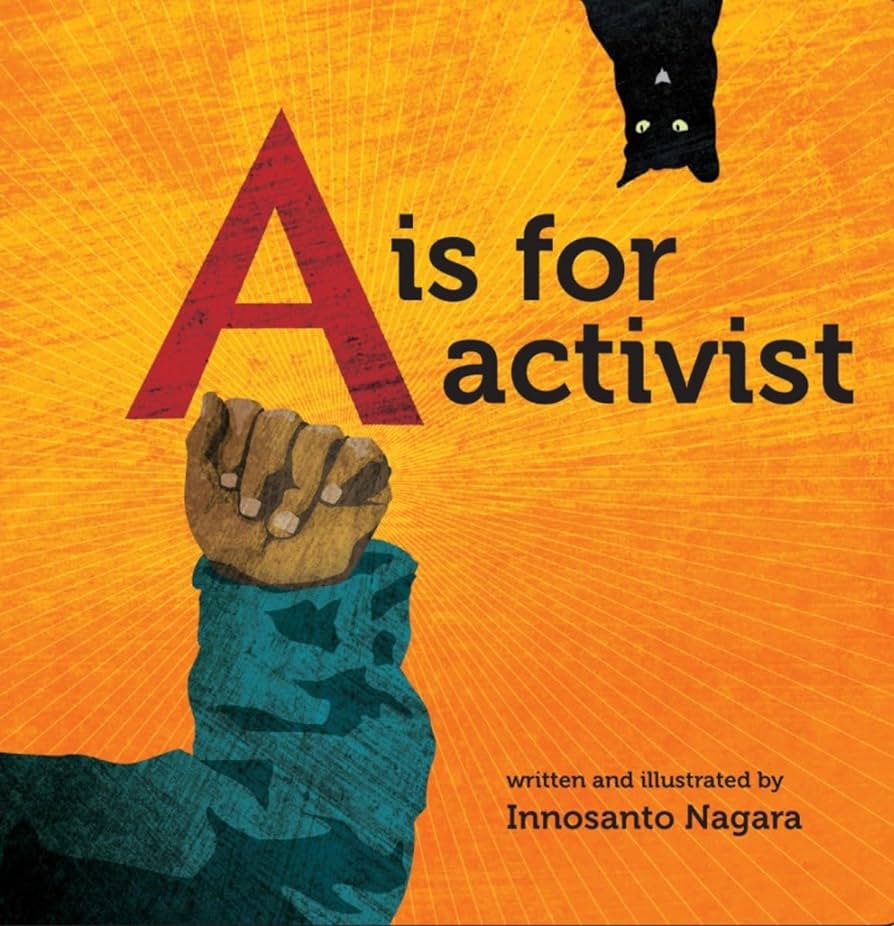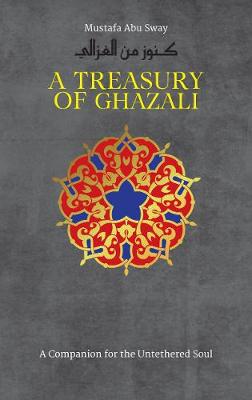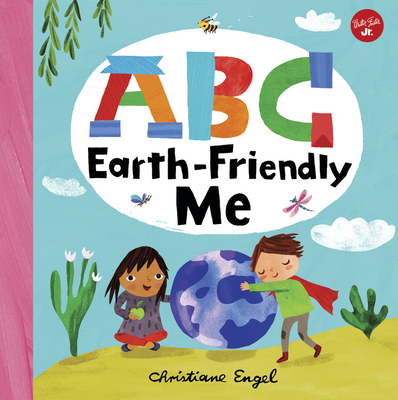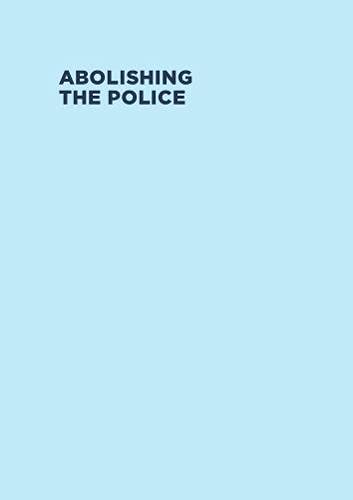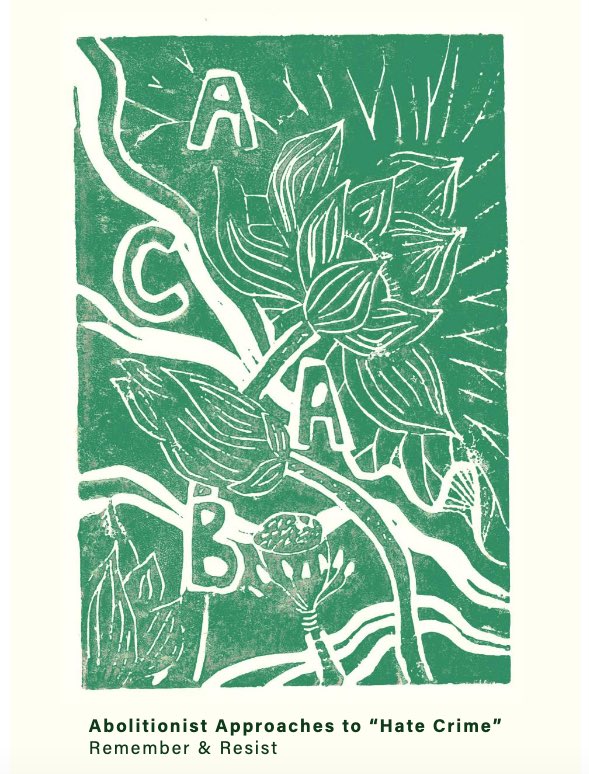A classic of cultural criticism, "Race," Writing, and Difference provides a broad introduction to the idea of "race" as a meaningful category in the study of literature and the shaping of critical theory. This collection demonstrates the variety of critical approaches through which one may discuss the complexities of racial "otherness" in various modes of discourse. Now, fifteen years after their first publication, these essays have managed to escape the cliches associated with the race-class-gender trinity of '80s criticism, and remain a provocative overview of the complex interplay between race, writing, and difference.
Raif Badawi, a Saudi Arabian blogger, shared his thoughts on politics, religion, and liberalism online. He was sentenced to 1,000 lashes, ten years in prison, and a fine of 1 million Saudi Riyal, over a quarter of a million U.S. dollars. This politically topical polemic gathers together Badawi's pivotal texts. He expresses his opinions on life in an autocratic-Islamic state under the Sharia and his perception of freedom of expression, human and civil rights, tolerance and the necessary separation of state and religion.
Naji al-Ali grew up in the Palestinian refugee camp of Ain al-Hilweh in the south Lebanese city of Sidon, where his gift for drawing was discovered by the Palestinian poet Ghassan Kanafani in the late 1950s. Early the following decade he left for Kuwait, embarking on a thirty-year career that would see his cartoons published daily in newspapers from Cairo to Beirut, London to Paris. Resolutely independent and unaligned to any political party, Naji al-Ali strove to speak to and for the ordinary Arab people; the pointed satire of his stark, symbolic cartoons brought him widespread renown. Through his most celebrated creation, the witness-child Handala, al-Ali criticized the brutality of Israeli occupation, the venality and corruption of the regimes in the region, and the suffering of the Palestinian people, earning him many powerful enemies and the soubriquet the Palestinian Malcolm X. For the first time in book form, A Child in Palestine presents the work of one of the Arab worlds greatest cartoonists, revered throughout the region for his outspokenness, honesty and humanity.
This collection of A. Sivanandan’s writings looks at the history of black struggles against British racism from the 1940s to the uprisings of Brixton and Toxteth in the 1980s.
This modern classic of Irish history is an accomplished and readable synthesis. Subjects covered include the early 'communism' of the Celtic clans ; the role of the Church; the Irish aristocracy and their handover to Henry II; Wolfe Tone’s rising and O’Connell’s betrayal.
A is for Activist is an ABC board book written and illustrated for the next generation of progressives: families who want their kids to grow up in a space that is unapologetic about activism, environmental justice, civil rights, LGBTQ rights and everything else that activists believe in and fight for.
Abu Ḥamid al-Ghazali (d. 505/1111) has been described by some scholars as the greatest Muslim in Islamic history. His prolific works, written over the duration of his relatively short lifetime, have deeply influenced Islamic thought for nearly a thousand years. Al-Ghazali was a polymath who had mastered every discipline known to the scholars of his time. In many ways, his corpus of writings on law, theology, philosophy, and Islamic spirituality, represent the most influential understanding of the Islamic religion ever articulated.
This short volume, written by one of the world’s leading experts on al-Ghazali, comprises forty gems from al-Ghazali’s inexhaustible treasury of writings, that give the modern reader insights into both the richness of al-Ghazali’s thought, and how they can better help us understand Islam today.
ABC Earth-Friendly Me presents 26 things—from Action to Zero waste and everything in between—that eco-conscious kids and their families can do to help care for the earth.
Pairing aspects of eco-friendly living with each letter of the alphabet, ABC Earth-Friendly Me is not only perfect for teaching young children their ABCs, but also for encouraging them to be aware of the impact they have on the environment.
The content empowers young children, showing them that even their small choices make a big difference. And the engaging illustrations and simple concepts introduce children to an eco-friendly lifestyle. To help, kids can plant flowers for pollinating bees, eat more fruits and vegetables, share or swap old toys, help their parents air-dry laundry, and learn about animals and their habitats. Environmental terms throughout, such as "pollination," "biodegradable," "pollution," and "preservation," have easy-to-understand, kid-friendly definitions in the back of the book. And a spread elaborating on additional things kids can do, such as riding a bike, creating a new toy from old stuff, and hunting for a unique pre-owned item at the thrift store, are easy and fun ways to help out! ABC Earth-Friendly Me shows that every member of the family—even the smallest one—can protect our planet Earth.
This is the perfect book to inspire the next generation of eco-conscious kids, while teaching them the alphabet at the same time. Learning the ABCs has never been so green and so much fun!
With endearing illustrations and mindful concepts, the ABC for Me series pairs each letter of the alphabet with words that promote big dreams and healthy living.
Abolishing the Police is both a contribution to this conversation and an invitation to join it. It provides rigorous and accessible analyses of why we might want to abolish the police, what abolishing them would involve, and how it might be achieved, introducing readers to the rich existing traditions of anti-police theory and practice.
Its authors draw on their diverse on-the-ground experiences of political organising, protest, and resistance to policing in the UK, France, Germany, and the United States, as well as their original research in academic fields ranging from law to security studies, political theory to sociology to public health.
Without assuming any prior specialist knowledge, they present the critical tools and insights these disciplines have to offer to ongoing struggles against the injustices of policing (and consider, in turn, what these disciplines must learn from these struggles.)
Refusing state-sanctioned responses to racist violence.
This is a project that seeks to critically explore issues surrounding hate crime legislation and strategise about alternative, community-based responses to racist harm through workshops, writing and sharing resources. It was initiated as an alternative approach to responses that seek to strengthen hate crime policing in light of Covid-fuelled Sinophobic racism.
We also see this moment as an opportunity to generally think through our conceptions of safety and issues with carceral (policing) ‘solutions’ to racism - particularly in relation to model minority and respectability politics as East and Southeast Asian diaspora. Especially as discourses around ‘the threat from China’ escalate, we cannot rely on the same state that permits and produces these discourses to maintain its power. It’s crucially important that we build networks of solidarity and community-based approaches so that we can have a stronger anti-carceral response when ‘hate crimes’ flare up in future.
Further, as moves towards introducing legislation for ‘misogyny hate crime’ proceed, we hope to make connections across different communities whose struggles are being co-opted by the state for its own ends.

